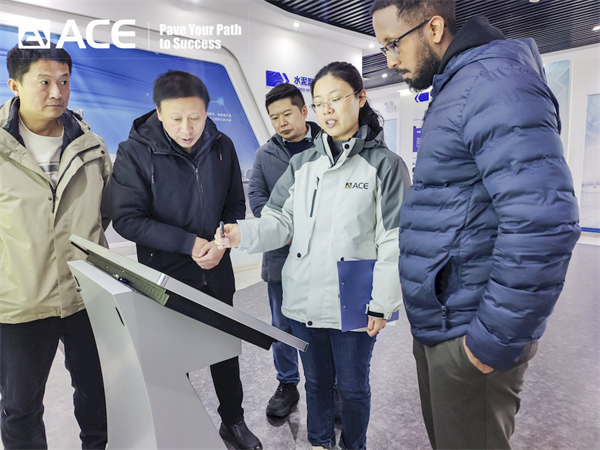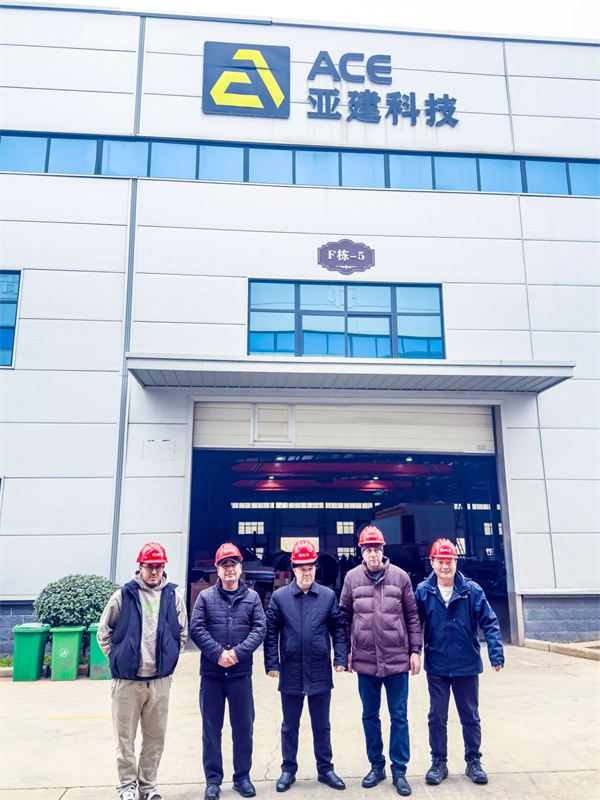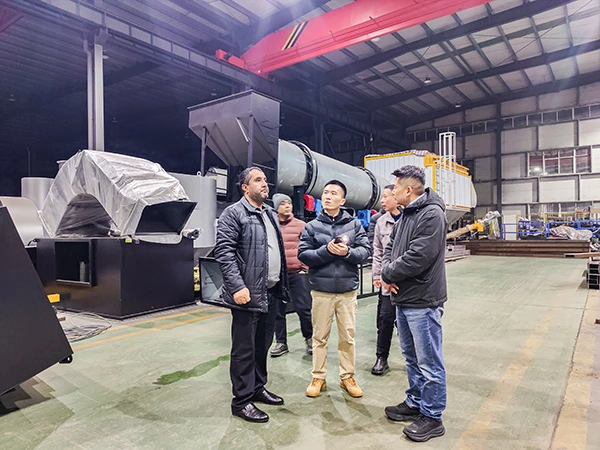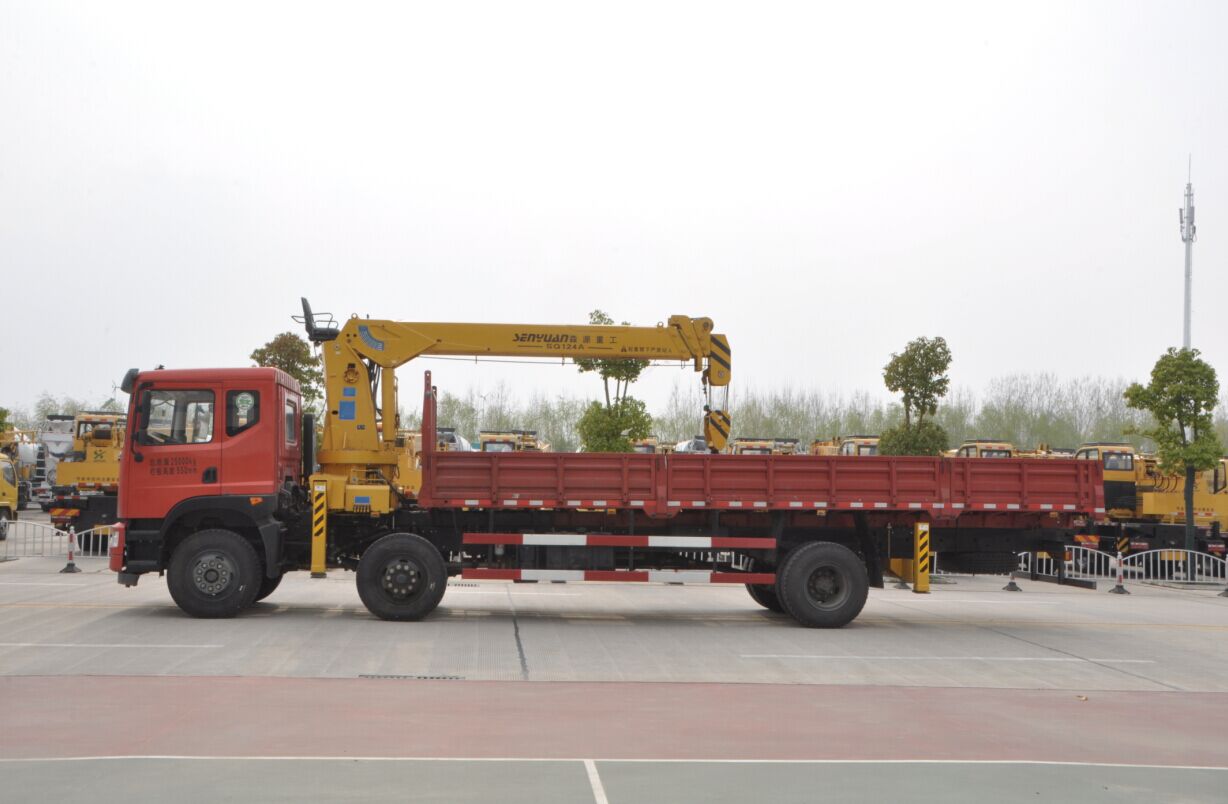According to incomplete statistics from reporters, since the beginning of this year, more than 50 infrastructure projects have been approved by the Development and Reform Commission, with a total investment of more than 1.3 trillion yuan. From the perspective of project types, they are mostly concentrated in urban rail, airport expansion, coal mine and other fields.
Wang Qing, chief macro analyst of Dongfang Jincheng, said in an interview with reporters that investment as one of the "troikas" that drive the economy has a significant influence on the short-term economic operation.
Investment pull is highly sensitive to policies
Recently, the Political Bureau of the CPC Central Committee held a meeting to analyze and study economic work in 2020. The meeting pointed out that we must resolutely win the three major battles, do a good job in the "six stability", coordinate and promote stable growth, promote reform, adjust the structure, benefit the people's livelihood, prevent risks, maintain stability, and maintain economic operation in a reasonable range.
Tang Chuan, expert from the Ministry of Finance's expert bank and research director of 360 Financial PPP Research Center, told the Securities Daily reporter that "Six Stability" is an important supplement to the supply-side structural reform methodology in the new environment. However, the emphasis on "stability" is not just about pursuing the stabilization of economic data in a certain range. It is more demanding that each module can develop stably and healthily, especially in terms of stable investment.
Wang Qing said that in recent years, with the acceleration of China's economic restructuring, the contribution rate of investment to economic growth is still around 20% to 30%, which is the pillar of economic growth after consumption. More importantly, in the context of relatively stable consumption and large fluctuations in external demand, investment with relatively high policy sensitivity can often become a key force in stabilizing macroeconomic operations.
Xu Guangrui, Executive Dean of the National Future Science and Technology Research Institute, said in an interview with the Securities Daily that investment is still one of the important means of stabilizing economic growth, especially the importance of achieving efficient investment and creating a good investment environment. Constantly enhanced. In general, China has gradually entered a development stage driven by the scale of investment and the simultaneous drive of scale and efficiency. On the one hand, investment can ensure stable economic growth, and constantly strengthen traditional shortcomings such as transportation, energy, and public services, and new generation information infrastructure shortcomings such as 5G and the Industrial Internet; on the other hand, it can continue to cultivate new economic growth points.
Strengthening investment policies
Since this year, steady investment policies have been gradually exerted. In June of this year, the State Council issued the “Notice on Doing a Good Job in Issuing Local Government Bonds and Supporting Project Financing”, which proposed that special bonds be allowed to be used as eligible major project capital. Subsequently, cases of capital special debt in some areas have also been issued. implement.
In November, the State Council issued the "Notice on Strengthening the Capital Management of Fixed Asset Investment Projects". The relevant person in charge of the National Development and Reform Commission stated that the document is conducive to safeguarding the legitimate investment rights of investors and fully mobilizing social funds to participate in infrastructure project investment. ; It is conducive to making full use of social equity investment funds, exerting its leverage and amplification as capital, and effectively promoting effective investment.
Wang Qing told reporters that the above measures are mainly aimed at the bottleneck of funding sources that have restrained the growth rate of infrastructure investment since this year. It should be pointed out that the stable investment policy since this year still reflects the principle of "holding, keeping and controlling": First, while supporting infrastructure investment, continue to maintain a high pressure on the hidden liabilities of local governments; second, the Central Political Bureau in July The meeting emphasized that "lds should not use real estate as a means to stimulate the economy in the short term". This means that this year the supervisory authorities will pay more attention to a good balance between stabilizing investment and preventing risks, and have a strong determination not to engage in "flooding floods".
Xu Guangrui said that since this year, the government's policies and measures in the investment field have mainly taken three aspects. The first is to ensure infrastructure investment, not only in the second half of the year to speed up the approval of railway and other infrastructure projects, but also in reducing the capital of fixed asset investment projects The second aspect is to increase effective investment and promote the continuous improvement of investment efficiency, especially in the new urbanization construction and other areas to strengthen the shortcomings, and make efforts to build facilities based on new-generation information technology; third, to optimize investment Environment, promote investment that is conducive to the promotion of economic development by various market entities, including innovative project financing methods, encourage the use of developmental financial tools, and attract more private capital to participate in key area project construction.
Investment will present three major characteristics next year
According to data released by the National Bureau of Statistics, from January to October this year, the country completed a total of 51.088 billion yuan in fixed asset investment (excluding farmers), a year-on-year increase of 5.2%. In October, the National Development and Reform Commission approved a total of 8 fixed asset investment projects with a total investment of 44.2 billion yuan, mainly in the energy sector.
Regarding the direction of stable investment next year, Wang Qing said that it is expected that the reduction of taxes and fees for enterprises next year will not weaken, and the decline in manufacturing profits is expected to reverse, which will to a certain extent boost corporate investment confidence; Industry investment, especially for private and small and micro enterprises, will continue to increase. It is expected that the acceleration of manufacturing investment growth in 2020 will be a high probability event. In terms of infrastructure investment, the real estate market is expected to maintain a stable operating pattern in 2020, and the growth rate of real estate investment will not significantly retreat from the current level of about 10%. On the whole, supported by a series of stable investment policies, the growth rate of fixed asset investment next year will accelerate 3% to 4% compared with this year. To ensure that the goal of "doubling GDP in ten years" is achieved in the final year.
Tang Chuan told reporters that overall, the investment next year will present three major characteristics. The first is to emphasize transportation and communication; the second is to balance; the third is to strictly implement the "moderate development" and "lduro finance" ideas emphasized by the relevant central committee's relevant policy meetings.
& ldquo; Looking forward to 2020, there are three main points for investment. One is to continue to increase efforts to accurately compensate for shortcomings in the infrastructure sector and accelerate the promotion of new-type urbanization. The second is to continue to optimize the investment environment and continuously guide funds into the real economy. It is to further reduce barriers to entry of private capital, accelerate market-oriented reforms in education, medical care, pensions, communications and other fields, and continue to enhance economic vitality. & rdquo; Xu Guangrui told reporters. (Su Shiyu)
Strengthening foreign trade policies, China's foreign trade continues to maintain good resilience
On December 6, the Political Bureau of the Central Committee of the Communist Party of China held a meeting and proposed to do a good job of "six stability". "Securities Daily" reporters combed and found that since July this year, the State Council executive meeting has repeatedly made a good job of "stabilizing foreign trade" to promote the stability and quality of imports and exports.
Specifically, relevant measures include improving fiscal and taxation policies, researching to continue to reduce the overall level of import tariffs, improving export tax rebate policies, and accelerating the progress of tax refunds; strengthening financial support; promoting the establishment of a high-standard free trade zone network; fostering new formats for foreign trade, and adding cross-border electricity Commercial comprehensive test zone; increasing imports of agricultural products, daily consumer goods, equipment, and parts and components that meet domestic needs; improving the level of trade facilitation and so on.
In order to implement measures to stabilize foreign trade, since the beginning of this year, the State Council and various departments have actively responded to changes in the external environment and have done a good job of stabilizing foreign trade.
In terms of improving fiscal and taxation policies, in November this year, the Central Committee of the Communist Party of China and the State Council issued the Guiding Opinions on Promoting the Development of High-Quality Trade (hereinafter referred to as the "Opinions"). The promotion of export tax rebate mechanism combined with value-added tax reform and legislation.
In terms of strengthening financial support, in April this year, the State Council and the State Council issued the Guiding Opinions on Promoting the Healthy Development of Small and Medium-Sized Enterprises, and proposed a number of measures from the aspects of creating a good development environment and improving fiscal and tax support policies, with special emphasis on reducing Corporate financing burden, encourage financial institutions to expand export credit insurance policy financing and export tax rebate account pledge financing to meet the needs of financial services for import and export enterprises.
In terms of increasing imports, the Opinions propose to further reduce import tariffs and institutional costs in a timely manner, stimulate import potential, and optimize the import structure. Support the import of daily-use consumer goods, medicine and rehabilitation, elderly care and other equipment; promote the import of productive services such as research and development design, energy conservation and environmental protection, and environmental services.
In terms of promoting the establishment of a high-standard free trade zone network, in August of this year, China newly established six free trade zones and added a new port zone in Shanghai Free Trade Zone; in November, the Second International Trade Fair proposed to accelerate the promotion of Hainan Free Trade Port Construction, building a new open highland.
In terms of fostering new formats for foreign trade, in October of this year, Minister of Commerce Zhong Shan at the 14th meeting of the Standing Committee of the 13th National People's Congress, on the "accelerating the transformation and upgrading of foreign trade and promoting the development of high-quality trade" & rdquo; make a report. The report states that to promote the development of cross-border e-commerce, the State Council has successively carried out the construction of cross-border e-commerce comprehensive test zones in 35 cities including Hangzhou.
Pan Helin, Executive Dean of the Digital Economics Research Institute of Zhongnan University of Economics and Law, told the Securities Daily reporter that in terms of improving the level of trade facilitation, the deepening of international trade "single window" construction has greatly reduced cross-border exchanges. On the one hand, the institutional cost of international trade is more detailed for the review and approval authorities, which facilitates the formation of accountability mechanisms and avoids pushing and kicking each other; on the other hand, it also makes the cross-border trade process simple, clear, Convenience.
Data released by the General Administration of Customs on December 8 shows that in the first 11 months of this year, China's total imports and exports totaled 28.5 trillion yuan, an increase of 2.4% over the same period last year. Among them, exports of 15.55 trillion yuan, an increase of 4.5% over the same period last year; imports of 12.95 trillion yuan, the same as last year.
Li Kuiwen, director of the Department of Statistics and Analysis of the General Administration of Customs, said that since the beginning of this year, international economic and trade growth has slowed down, China's economic operation has been generally stable, progress has been steady, and foreign trade has maintained good resilience. China ’s import and export growth in November was faster than in October. 2.2 percentage points, of which imports fell from falling to rising, an increase of 2.5% that month, reflecting the improvement in domestic demand.
"It is expected that tax-related support measures will continue to be introduced next year. & rdquo; Pan Helin said that taxation has always been the most important means of regulating trade internationally, which is reflected in tariffs and tax subsidies for exporting enterprises. When the system cost has been significantly reduced, taxation design has become the main focus for stabilizing foreign trade. hand. (Liu Meng)
Continue to be optimistic about the first 10 months of the Chinese market Foreign investment & ldquo; large projects & rdquo; grow 5.4% year-on-year
On December 6, the Political Bureau of the Central Committee of the Communist Party of China held a meeting to analyze and study the economic work in 2020, and proposed to do a good job of "six stability".
In terms of "stabilizing foreign investment", this year's "Government Work Report" proposed increasing efforts to attract foreign investment. These include further relaxation of market access; implementation of reforms and opening-up measures in the financial and other industries; creation of a fair market environment where domestic and foreign enterprises are treated equally and fair competition; and strengthening of the protection of the legitimate rights and interests of foreign businesses.
According to data from the Ministry of Commerce, in the first 10 months of this year, 33,407 new foreign-invested enterprises were established nationwide, and the actual use of foreign capital was 752.41 billion yuan, a year-on-year increase of 6.6%. China ’s investment in Hong Kong and Macau in the Mainland increased by 10.5% and 56.2% year-on-year respectively. The actual investment in Singapore, South Korea, and “Belt and Road” countries and ASEAN countries increased by 31.7%, 23.9%, 19.3%, and 22.1% respectively. .
Fu Yifu, a senior researcher at Suning Institute of Finance, told a reporter from Securities Daily that since the reform and opening up, foreign investment has played a very important role in promoting China's economic development, bringing advanced science and technology and management experience to China and enriching the domestic market. The participation of the participants has expanded the demand of overseas markets, and indirectly brought China into the international division of labor system.
Since this year, China has introduced a series of measures that have played a positive role in stabilizing the scale and improving the quality of foreign investment.
In terms of easing market access, the 2019 edition of the National and FTZ Negative List of Foreign Investment Admissions, and the 2019 edition of the Catalog of Encouraged Foreign Investment Industries, were released on June 30, 2019, and came into effect on July 30.
Comparing the negative list in 2019 and 2018, it can be found that the new negative list has removed or relaxed restrictions on foreign investment in areas such as transportation, culture, value-added telecommunications, agriculture, manufacturing, and mining. The 2019 edition of the "Industrial Directory for Encouraging Foreign Investment" guides foreign investment in modern agriculture, advanced manufacturing, and modern service industries, effectively improving the quality of foreign investment.
Regarding the implementation of the opening up of the financial industry, the State Council recently issued the Opinions on Further Improving the Utilization of Foreign Capital, proposing that the restrictions on the business scope of foreign banks, securities companies, fund management companies and other financial institutions in China should be lifted, market supply should be enriched, and market vitality should be enhanced. .
In terms of creating a fair competition market environment and strengthening the protection of legal rights and interests of foreign investors, the "Regulations on Optimizing the Business Environment" issued in October this year proposes to actively promote foreign investment and treat all types of market entities such as domestic-funded enterprises and foreign-invested enterprises equally. The Foreign Investment Law reviewed and approved at the beginning of this year will come into effect on January 1, 2020.
In addition, in order to coordinate the work of stabilizing foreign investment, the State Council executive meeting on October 23 identified 12 measures to optimize foreign exchange management and promote cross-border trade and investment facilitation.
Zong Changqing, director of the Foreign Investment Department of the Ministry of Commerce, introduced at a special conference on the use of foreign investment on November 18 that this year's foreign investment work mainly has three characteristics: First, "stable", the scale of attracting foreign investment has remained stable. This shows that foreign investors have maintained good confidence and expectations in Chinese investment. Secondly, "more", there are more large-scale foreign investment projects. Since the beginning of this year (the first 10 months), there have been more than 1,300 large projects with a value of more than US $ 50 million, a year-on-year increase of 5.4%. Third, "Excellent", the structure of foreign investment was further optimized.
Fu Yifu said that next year, China needs to focus on creating a market environment that can continue to attract high-quality foreign-funded enterprises to settle in. This is a prerequisite for stabilizing foreign investment. To this end, we should continue to implement measures to expand opening to the outside world and actively use foreign capital. Through measures such as improving investment facilitation and optimizing the investment environment, we must increase investment promotion and investment protection, enhance the comprehensive advantages of using foreign capital, and make the The measures took root. In addition, we should take the initiative to develop it. (Liu Meng)
On December 4, the People's Daily quoted the Nielsen report as saying that the use rate of Internet staged consumer products by Chinese young people reached 60.9%, and 55.94% of the respondents would use staged consumption. "After 95" became the main force of staged consumption. Most people consume relatively rationally, and 62% of young consumers will use the Internet instalment for basic life. In addition, a media survey of 1069 college students showed that nearly 90% of students used overdue payments.









